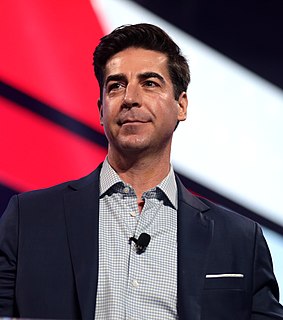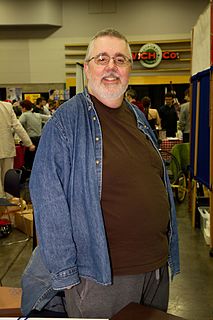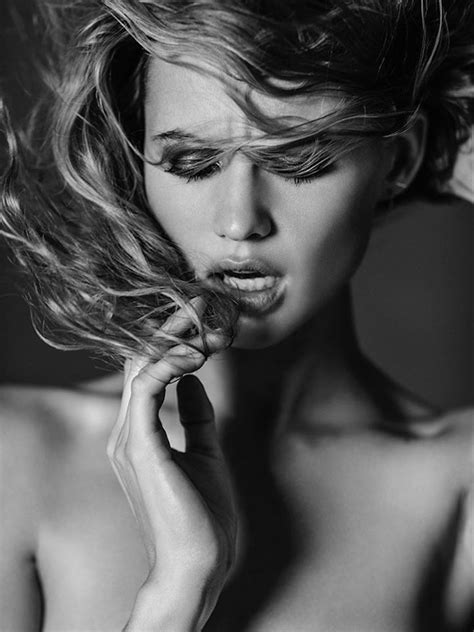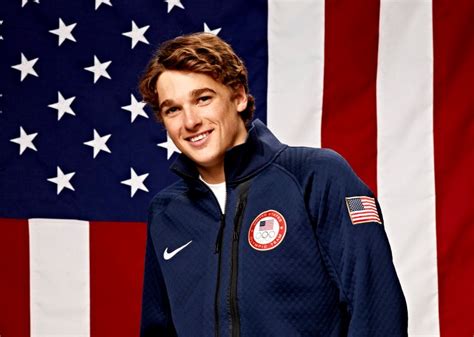A Quote by James Cameron
Every time my cameras go out on a movie, we learn something new and then we take what we learn and we put it into the next generation of the cameras so we're constantly improving. It's kind of like building a race car, racing it, then running back to the shop and working on the engine some more and tinkering with it to improve it.
Related Quotes
I think there are two different types of people in television. There are people who can turn it on like a switch when the cameras go on, and then, when the cameras go off, they kind of lower it down a little bit. And then there are people who are on all the time, no matter if the cameras are there or not.
I've been doing photography in one form or another for, oh golly, over seventy years. I don't carry cameras. I used to. For many years I carried cameras wherever I went. Photograph whatever I saw that was of interest. In the last years, I've only used cameras to explore thematic ideas which presented themselves first. And then bring out the cameras to try to explore that idea.
For a period of time, I carried cameras with me wherever I went, and then I realized that my interest in photography was turning toward the conceptual. So I wasn't carrying around cameras shooting stuff, I was developing concepts about what I wanted to shoot. And then I'd get the camera angle and do the job.
For a period of time, I carried cameras with me wherever I went, and then I realized that my interest in photography was turning toward the conceptual. So I wasn't carrying around cameras shooting stuff, I was developing concepts about what I wanted to shoot. And then I'd get the camera angle and do the job
It strikes me that the only reason to take apart a pocket watch, or a car engine, aside from the simple delight of disassembly, is to find out how it works. To understand it, so you can put it back together again better than before, or build a new one that goes beyond what the old one could do. We've been taking apart the superhero for ten years or more; it's time to put it back together and wind it up, time to take it out on the road and floor it, see what it'll do.
At the beginning, people laughed at me because I was using snappies. Sometimes, a celebrity would look at my camera and go, Oh, I've got one of those. I'd feel like handing it to them and saying, Well, you take the pictures then. But I like using snapshot cameras because they're idiot-proof. I have bad eyesight, and I'm no good at focusing big cameras.
Composition is what's similar between being photographer and director. As a photographer, you're sort of doing everything - you're directing the lights and you're framing and you're moving around. The hardest thing to learn as a director is how cameras have to move. You have to have patience, you have to learn how to look through the lens and then you have to learn to combine all of the compartments into one great image.




































